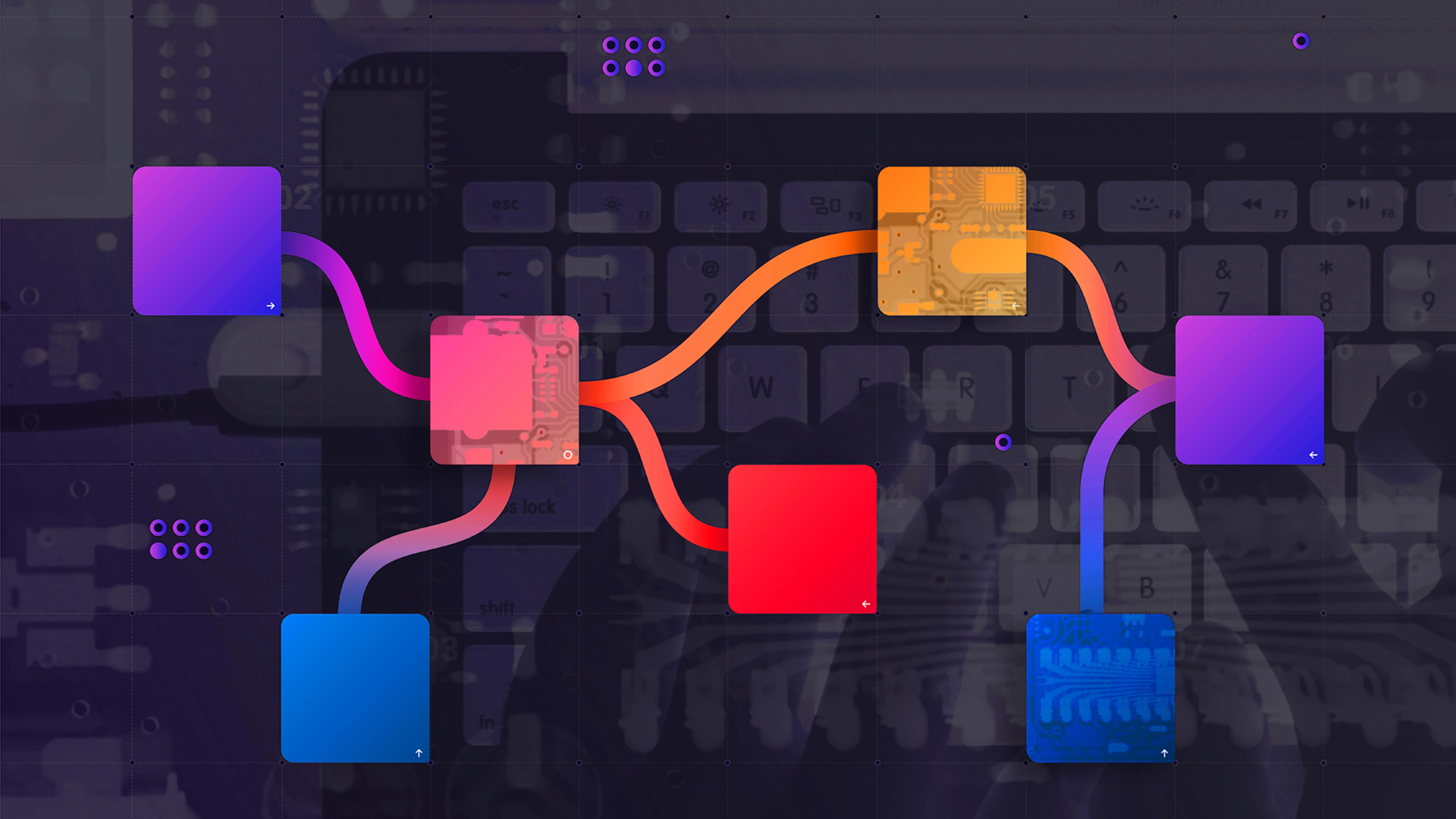Appian, which offers a low-code platform for speedily developing business applications, is adding artificial intelligence to users’ toolboxes.
The Virginia-based software company’s new AI Skill Designer, announced Tuesday, will let users train AI models to classify scanned documents and emails and to extract information from those types of materials, reducing the need for manual data entry. The AI tools can be plugged into Appian’s business automation tools to quickly route emails, documents, and data to the right place for appropriate further action.
“That’s the revolution in the mundane,” says cofounder and CTO Michael Beckley, “so that people can actually focus on being human and being creative, because they have all the information they need right in front of them and they don’t need to be retyping things.”
Founded in 1999, Appian lets companies create “low-code” systems that link together business data, user interfaces, and automated processes, connected through flowchart-like visual interfaces. With the new Skill Designer, users can upload examples of particular types of documents—say, 10 to 20 purchase orders and 10 to 20 invoices—and the AI will learn to handle them appropriately. Appian will automatically train an appropriate AI system, running on Appian’s cloud systems, to handle the classifications.
“You don’t have to be data scientists to [use the tool],” Beckley says.
Since the AI models are running on Appian’s cloud systems, which themselves run on Amazon Web Services, Appian says it can deliver the same sorts of security guarantees already offered to customers, along with lower prices than some other AI platforms.
Among the organizations who have been beta testing the system is the Laborers’ International Union of North America. The union, which represents more than 500,000 workers, has decades worth of agreements specifying its role in staffing construction and other such projects in various locations and situations, explains Matt Richard, the union’s chief information officer. Making sure that union members are getting the work opportunities they’re contractually entitled to can mean looking through nearly a terabyte of files to find relevant documents, he says.
To simplify that process, the union is testing Appian’s AI tech to classify and organize the documents. “You can imagine when we’re talking about almost a terabyte of data how much time we’re saving,” says Richard, who envisions that in the future, union locals might simply be able to click a button to upload new contracts for classification.
Richard anticipates that the union may also be able to use the AI for other purposes, like analyzing pension fund investments and processing documents like invoices.
In addition to Skill Designer, Appian has unveiled integrations with OpenAI’s GPT system, available through Appian’s AppMarket for about a month and a half to let users add GPT-enabled chatbots to their systems. “It has been the fastest-adopted plug-in in Appian history,” Beckley says.
The AI features come as a wide variety of tech companies, from search engines to social media networks to development platforms, are racing to deploy artificial intelligence technology. Appian is also working on GPT-powered tools to roll out to users, including ones that can automatically parse paper forms and turn them into digital interfaces, and tools to automatically generate software documentation and even interactive descriptions of how a program works, potentially useful in cases where a developer leaves a team.
“It can take you through that discussion as if that developer was still there to tell you themselves,” Beckley says.
Beckley adds that he anticipates both Appian’s in-house AI systems and external ones like GPT to continue to be useful for different applications, depending on pricing and other considerations, especially when they’re tied into users’ existing Appian infrastructure. “Low-code is just a much more efficient and effective language on which people can speak with these generative AIs.”
Recognize your brand’s excellence by applying to this year’s Brands That Matter Awards before the early-rate deadline, May 3.
